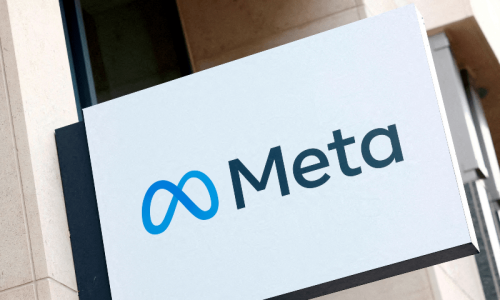ISLAMABAD: A day after Fitch’s upgrade, Standard & Poor’s (S&P) on Tuesday kept Pakistan’s rating unchanged with a stable outlook for the current fiscal year, citing heavy dependence on foreign assistance for debt obligations, an elevated rate of inflation, and political risks to the economic situation and structural reforms.
“S&P Global Ratings affirmed its ‘CCC+’ long-term sovereign credit rating and ‘C’ short-term rating on Pakistan. The outlook on the long-term rating is stable”, said the New York-based rating agency — one of the top three global rating firms.
The S&P expected the political uncertainty to remain high owing to a fractious political environment. The government’s ability to navigate the necessary reform implementation under the IMF programme without significant social unrest will have a significant bearing on policy efficacy over the coming quarters. It said the politics had been in a state of flux since the ouster of former PM Imran Khan, and the “political turmoil has hampered the government’s reform efforts to deal with economic challenges in the last two years and has damaged sovereign credit metrics”.
“The stable outlook balances the risks to Pakistan’s external liquidity position and fiscal performance over the next 12 months against the prospect of continued support from multilateral and bilateral partners”, it added.
Warns of a downgrade if external indicators deteriorate rapidly
It said the official aid helped to increase Pakistan’s foreign exchange reserves, but the country remains dependent on sustained support and the rollover of credit facilities to maintain its external buffers, which are still low. “Hefty debt-servicing costs continue to exert pressure on the government’s fiscal position at a time of high inflation, tight monetary conditions, and elevated political uncertainties that may affect the efficacy of policymaking”.
The agency warned that it could lower its ratings if Pakistan’s external indicators deteriorate rapidly or fiscal deficits widen to exceed the domestic banking system’s financing capacity, to the extent that the government’s willingness or ability to service its commercial debt is diminished. “One potential indication of domestic financing stress would be further increases in the government’s interest burden, which we estimate will exceed 45pc of government revenues over the next few years”, it said.
Conversely, on the upside, the rating firm said it could raise Pakistan’s ratings if its external and fiscal positions improve materially from current levels. “Signs of improvement could include a sustained rise in foreign exchange reserves, as well as a reduction of Pakistan’s debt-service costs relative to revenues and a lengthening of debt maturities.”
Published in Dawn, July 31st, 2024













































